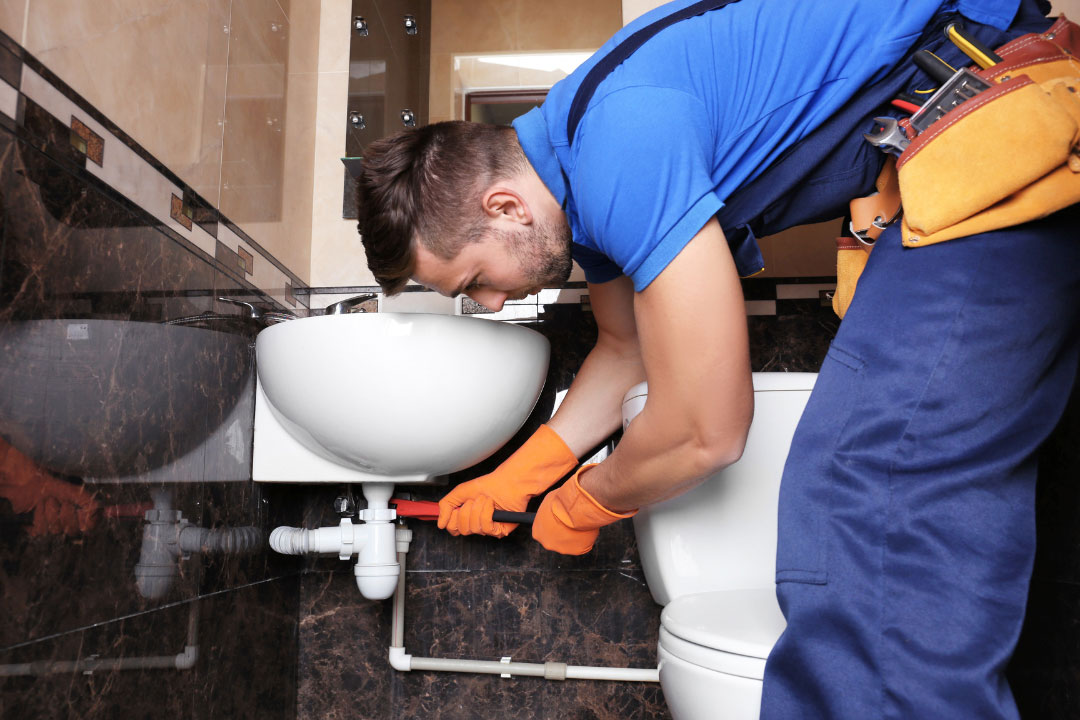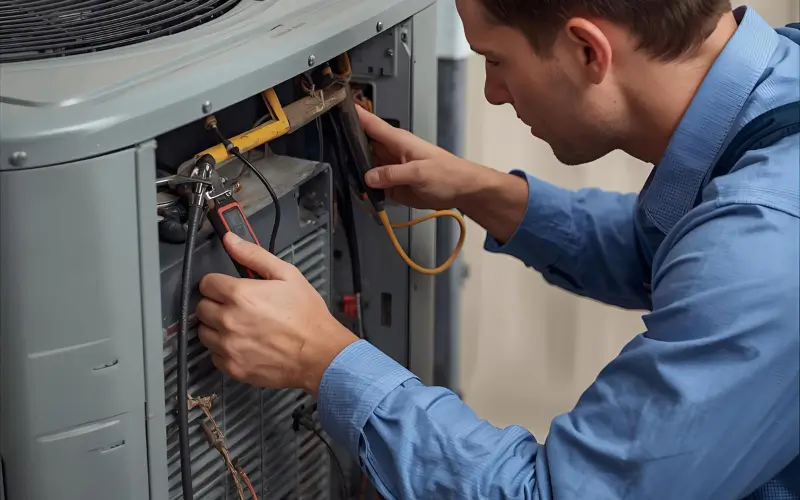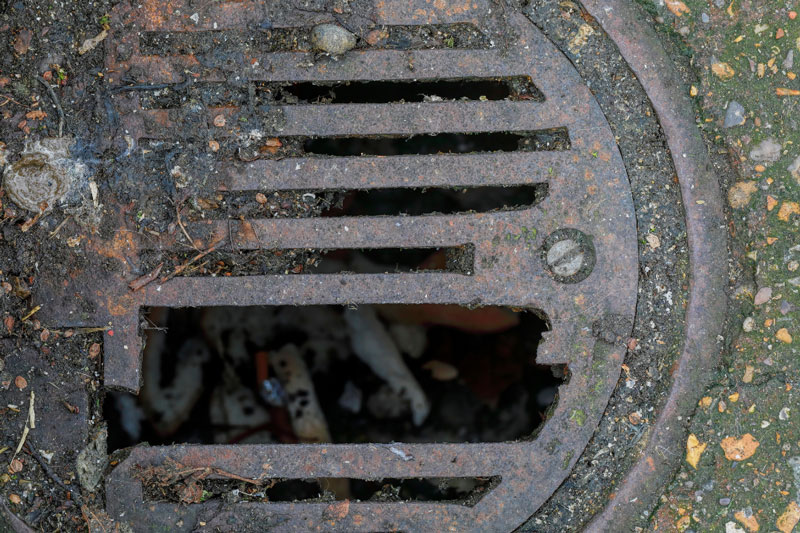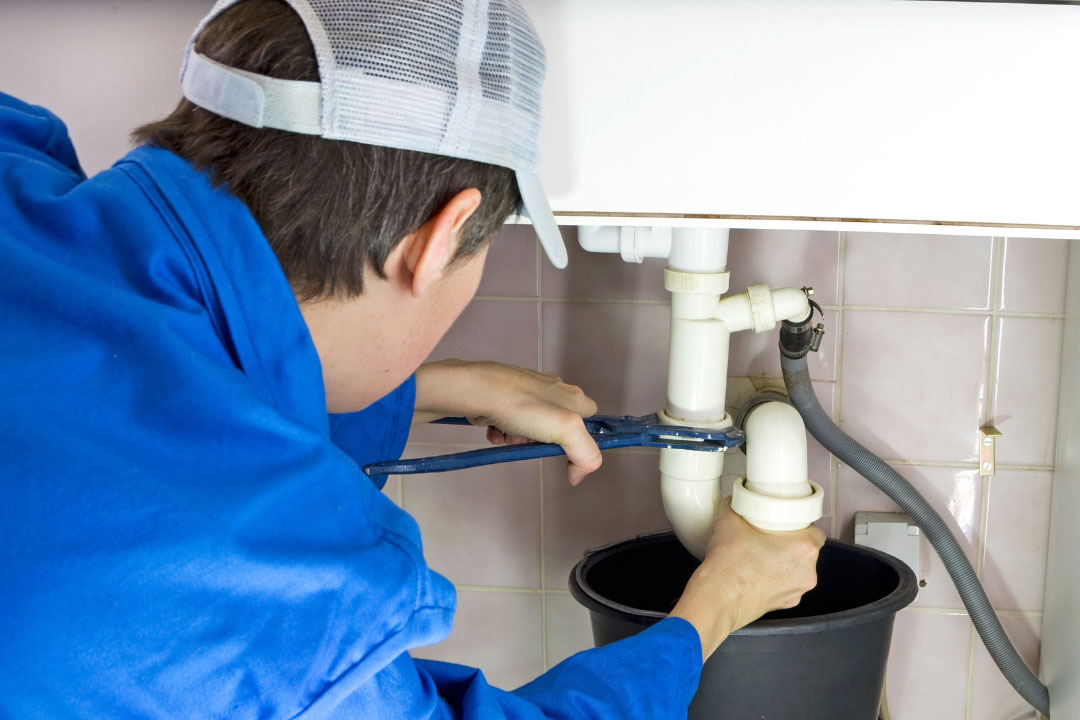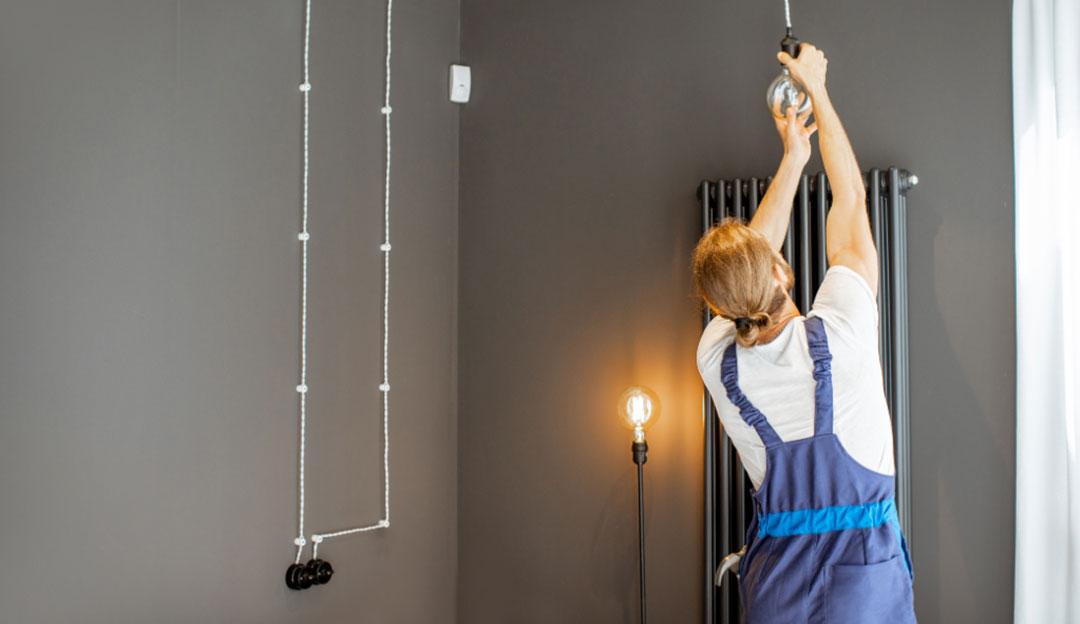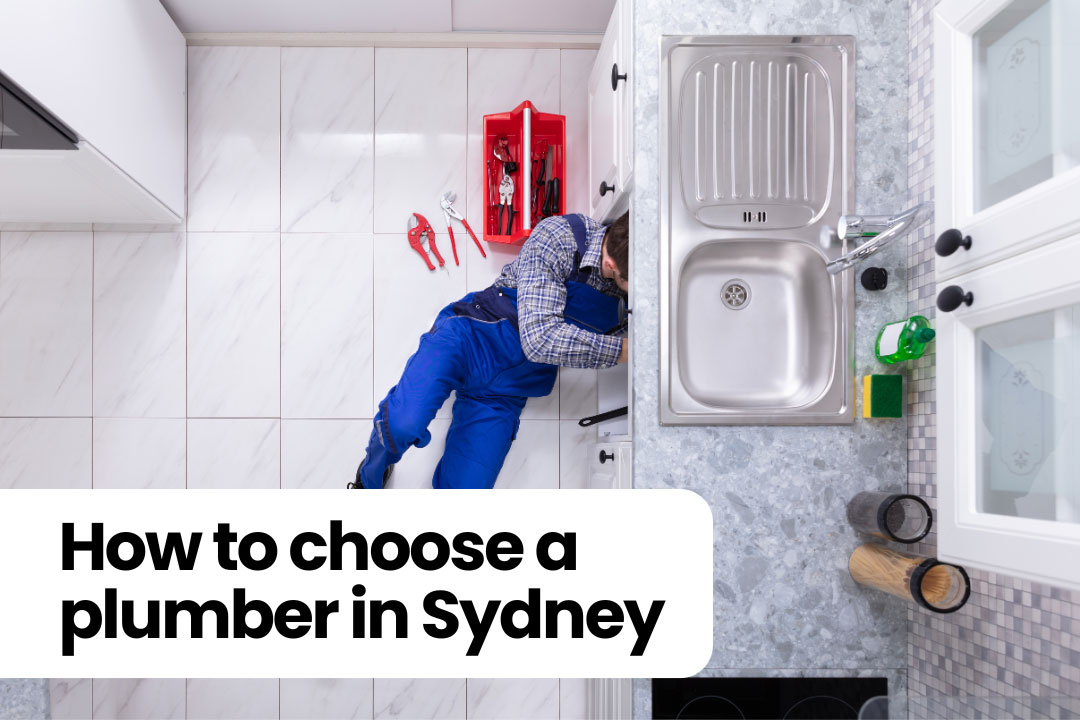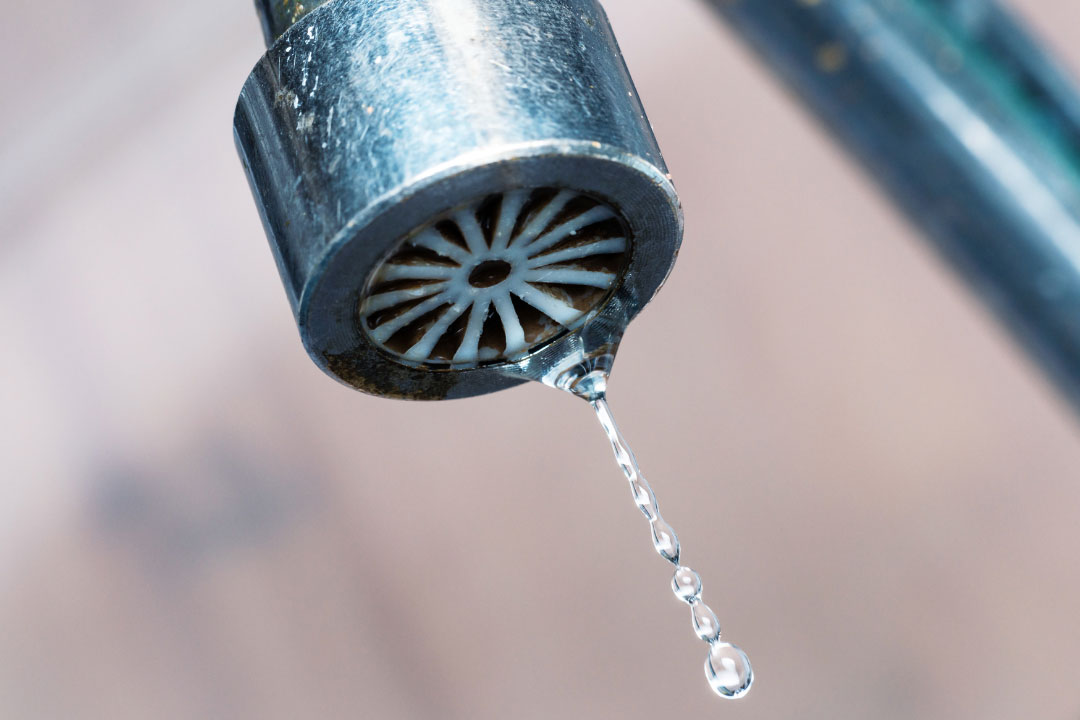Is Pipe Relining Worth It?
Any opportunity to protect your home and save on costly repairs is always worth considering. The thing is, plumbing problems always seem to happen when you least expect them. And if left unattended, you will face all the stress, unexpected expenses, and messy disruptions. While replacing damaged pipes was once the only option, modern plumbing technology has changed the game entirely.
For Adelaide homeowners, it’s a great idea to explore advanced solutions like pipe relining repair if you want a smarter, cleaner, and long-lasting fix. This helps to repair your existing pipe from the inside without the need to dig and replace.
With the Adelaide high-risk zones, shifting soils, and invasive tree roots in pipes, this innovative approach has become the go-to choice for all homeowners. Modern advancements in plumbing have revolutionised how plumbers in Adelaide handle underground damage.
What Exactly Is Pipe Relining?
Think of pipe relining repair as keyhole surgery for your plumbing. Not like a traditional method that ends up digging the yard or breaking through walls, but pipe relining uses special resin liner that is inserted into your damaged pipe. Once it hardens, it forms a brand-new, durable inner pipe for a smooth, strong, and long-lasting solution.
If you consider pipe relining as a repair means, it means choosing less mess, less stress, and long-term peace of mind. Many locals now prefer calling a pipe relining plumber instead of opting for a complete pipe replacement, and for good reason.
The Real Benefits of Pipe Relining
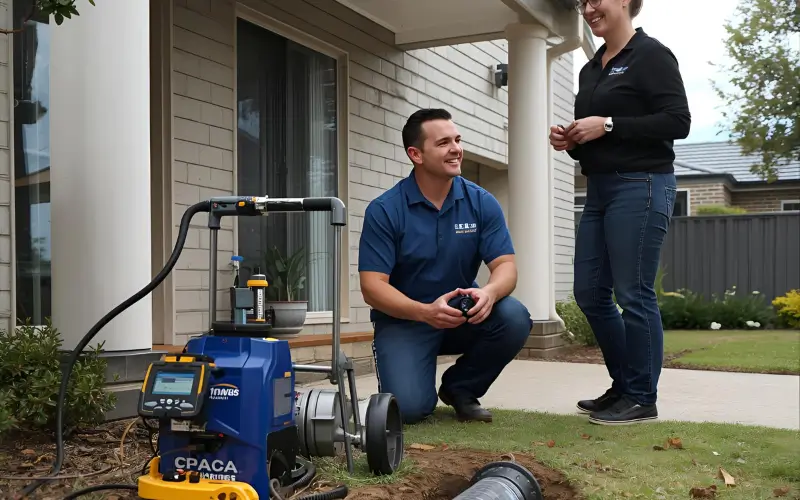
No Mess, No Fuss
Since pipe relining repair provides a modern advancement solution, there is no need to dig and make a whole mess across your yard or walls. Forget the backhoes and broken driveways. Pipe relining is done through small access points, meaning your lawn and paving stay intact.
It’s a game-changer if you want a quick fix for plumbing. You can have your pipes repaired, your water flowing again, and your property back to normal within hours without the stress of traditional plumbing chaos.
Cost-Effective
Because the process uses advanced no-dig technology, there’s no need for heavy excavation or tearing up your driveway and garden. You won’t have to pay for yard restoration or extra labour, and your relined pipes can last up to 50 years. The long-term savings are undeniably giving.
Fast and same-day fix
One of the biggest advantages of pipe relining repair is that the job can be completed in just a single day. That means no mess, less downtime and no need to cancel weekend plans. It’s a smart choice for busy Adelaide households that want reliable results, fast.
So, if you’re juggling work, family, and home maintenance, a pipe relining plumber can help you save valuable time while keeping disruption to an absolute minimum.
Durability
Once relined, your pipes are stronger than ever. The epoxy liner resists corrosion, root intrusion, and cracking, perfect for Adelaide high risk zones and unpredictable soil conditions.
So if you’re tired of patching the same old pipe problems or worrying about tree roots in pipes, relining is the ultimate long-term solution.
Eco-Friendly Solution
Local pipe relining plumbers in Adelaide use non-toxic epoxy resins that are safe for both the environment and your household water systems. Plus, with the no-digging approach, you prevent sending old pipe and debris to landfill. You also help to reduce carbon emissions from excavation machinery.
When Pipe Relining Might Not Be Suitable
In some ways, no solution is perfect. Pipe relining works better when your existing pipe still has structural integrity. However, if your pipe has completely collapsed or is damaged, pipe relining replacement is more suggested.
That’s why it is crucial to call an experienced local Adelaide plumber who can inspect your pipes with CCTV technology before recommending the best fix.
Why Traditional Pipe Replacement Isn’t Always the Best Choice
Old-school pipe replacement means digging trenches, damaging gardens, removing driveways, and sometimes disrupting water services for days. Not only does this process cost more in labour and materials, but it can also turn your home into a mini construction zone.
Pipe relining, on the other hand, is quicker, cleaner, and far less invasive perfect for Adelaide homes where space and sanity matter.
Choosing the Right Pipe Relining Plumber in Adelaide
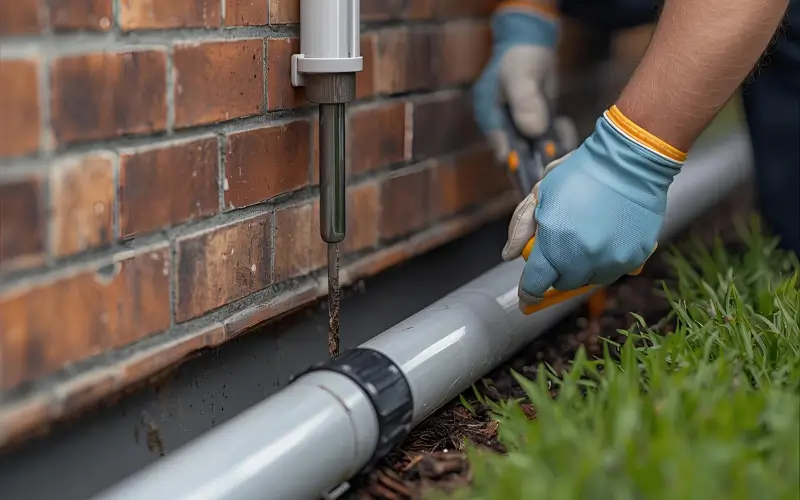
No one beats the latest pipe relining technology when it comes to repairing damage or blocked pipes in Adelaide homes. By choosing the right plumber experts, you can make all the difference, and that also makes sure pipe relining repairs are done efficiently, without the mess or stress of traditional digging.
Local Adelaide plumbers used modern plumbing tools such as CCTV drain cameras and trenchless relining systems for accurate diagnoses and long-lasting results.
So, choose a modern repair that restores your drains to their full function using the smartest way, without tearing up your yard.
If you are interested in getting it done right the first time, visit Your Local Tradesman to learn more about our trenchless pipe relining solutions across Adelaide.
